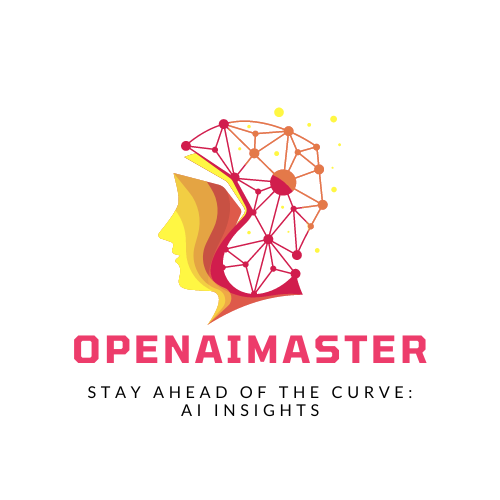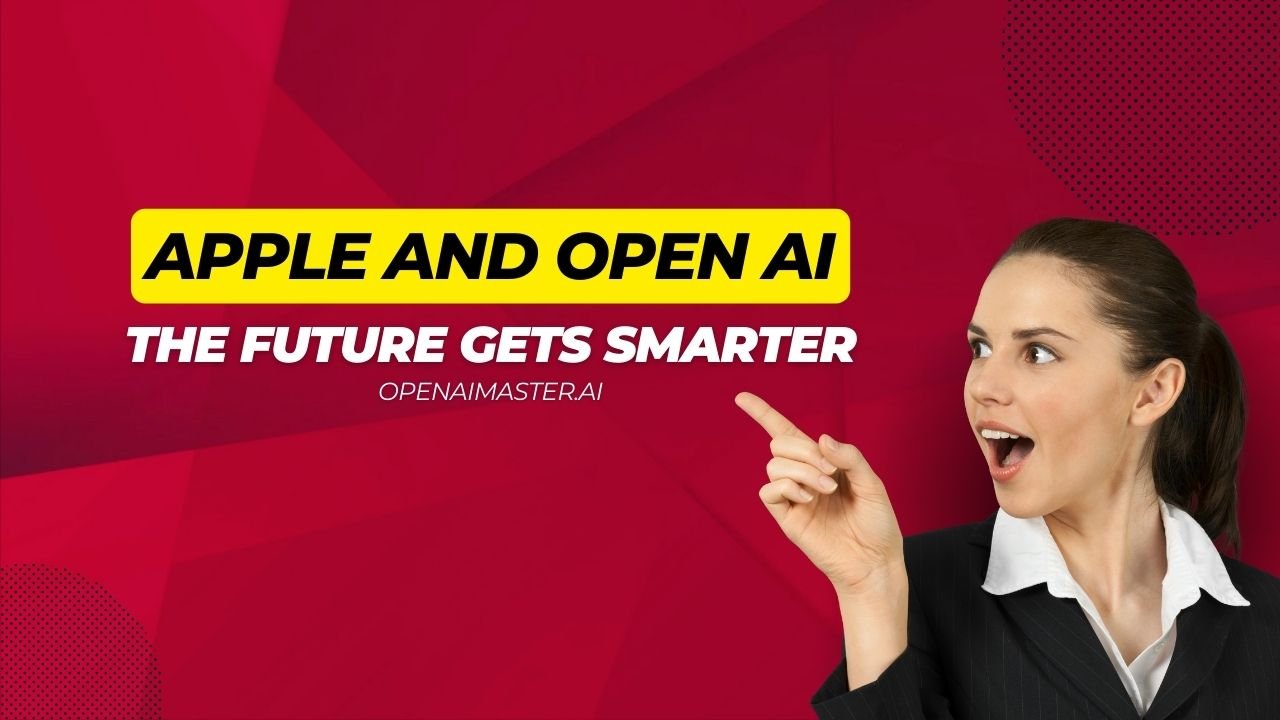Apple has joined forces with OpenAI, the artificial intelligence research company behind the wildly popular ChatGPT. This partnership, announced at Apple’s annual Worldwide Developers Conference (WWDC), promises to bring advanced AI capabilities to the tech giant’s products and services, supercharging user experiences with cutting-edge technology.
Integration of ChatGPT into Siri
ChatGPT is a highly advanced language model that can engage in human-like conversations, answer questions, and even assist with tasks like writing and coding. By embedding this powerful AI within Siri, Apple aims to elevate its digital assistant to new heights.
Imagine asking Siri to draft a personalized email, summarize a long report, or transcribe an audio recording – and having it done with the efficiency and sophistication of ChatGPT. This integration promises to make Siri not just a voice-controlled assistant but a true AI-powered productivity tool.
Apple Intelligence: AI Across the Board
But the partnership goes far beyond just Siri. Apple has unveiled “Apple Intelligence,” a comprehensive suite of AI-powered features that will be woven into various aspects of its devices and applications.
One such feature is phone call transcription, which will automatically transcribe your conversations in real-time, allowing you to focus on the dialogue without furiously taking notes. For those who struggle with photo editing, Apple Intelligence will offer AI-assisted photo retouching, enhancing your images with a tap.
Perhaps most exciting is the promise of enhanced natural conversation flow with Siri. Thanks to the AI’s language understanding capabilities, interacting with the virtual assistant will feel more human-like, making it easier to convey complex requests or engage in back-and-forth exchanges.
Privacy and Security: Apple’s Top Priorities
Of course, with any AI integration, privacy and security concerns are paramount. Apple has been steadfast in its commitment to protecting user data, and this partnership is no exception. The new AI features will employ a hybrid approach, combining on-device processing with cloud computing, ensuring that sensitive information never leaves the user’s device unless absolutely necessary.
Furthermore, Apple has introduced a system called Private Cloud Compute, which encrypts and anonymizes user data before sending it to the cloud for processing. This way, even if the data is intercepted, it remains secure and unreadable.
Availability and Compatibility
The AI features introduced through the partnership will be available for free with the upcoming iOS 18, iPadOS 18, and macOS Sequoia updates, set to roll out later this year. However, it’s important to note that these features will only be compatible with newer models of iPhones, iPads, and MacBooks, as they require advanced hardware capabilities.
Reactions and Controversies
As with any major technological shift, Apple’s AI push has not been without controversy. Elon Musk, the outspoken CEO of Tesla and SpaceX, has been a vocal critic of the partnership, citing security concerns. He has even threatened to ban Apple devices from his companies if the integration with OpenAI proceeds, arguing that Apple cannot guarantee the security and privacy of user data once it is shared with a third party.
Regulatory bodies and antitrust watchdogs have also taken notice of this development, as Apple’s move into AI could potentially give it an unfair advantage in the market. The tech giant is already embroiled in an ongoing antitrust lawsuit with the U.S. Justice Department, and this partnership may attract additional scrutiny.
Investor Reactions
Despite the significant announcements, investor reactions have been mixed. While some see this as a bold and necessary step for Apple to stay competitive in the rapidly evolving tech landscape, others have expressed concerns about the potential risks and costs associated with such a large-scale AI integration.
As a result, Apple’s stock experienced a slight decline following the news, reflecting the market’s uncertainty about the long-term implications of this partnership.
The Future of Computing
Regardless of the controversies, one thing is clear: Apple’s partnership with OpenAI represents a pivotal moment in the evolution of computing. By bringing advanced AI capabilities to its devices and services, Apple is positioning itself at the forefront of a technological revolution that promises to transform how we interact with our digital world.
As AI continues to advance, we can expect even more groundbreaking developments from this collaboration, pushing the boundaries of what’s possible and ushering in a new era of intelligent, personalized, and efficient computing experiences.




